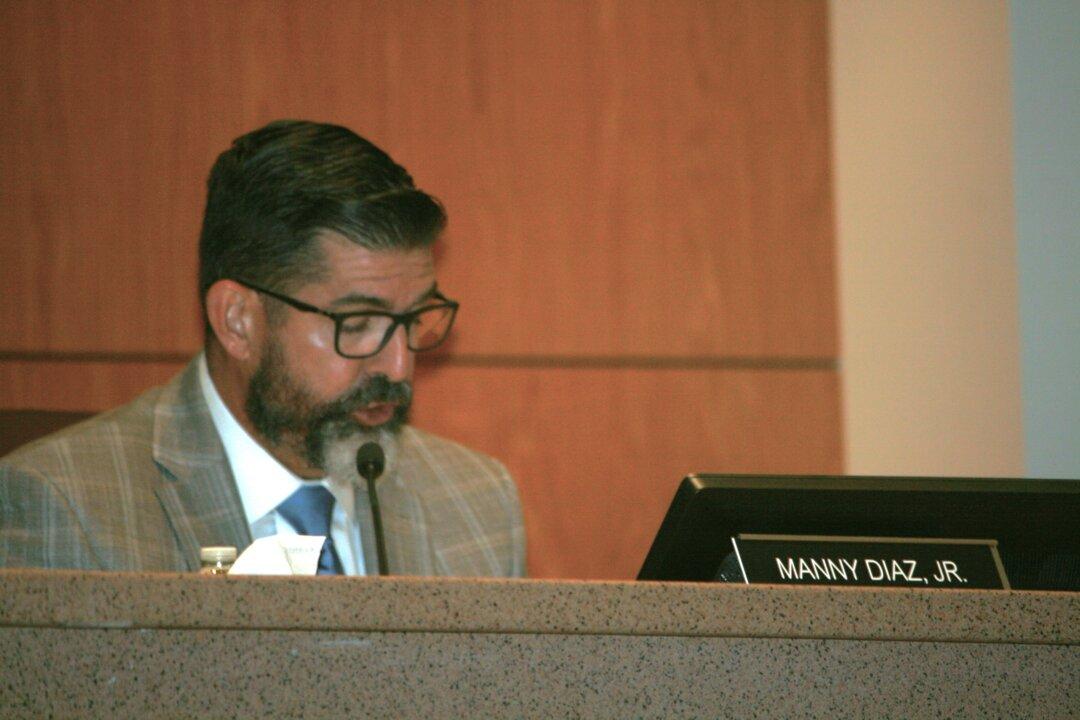School administrators in Florida’s Orange County are moving forward with their interpretation of a state law that bans teachers from using student-preferred pronouns.
The Orange County School (OCS) board will soon allow teachers to use student-preferred pronouns if they receive permission and consent from the student’s parents, even if those pronouns do not correspond with the student’s sex at birth.





